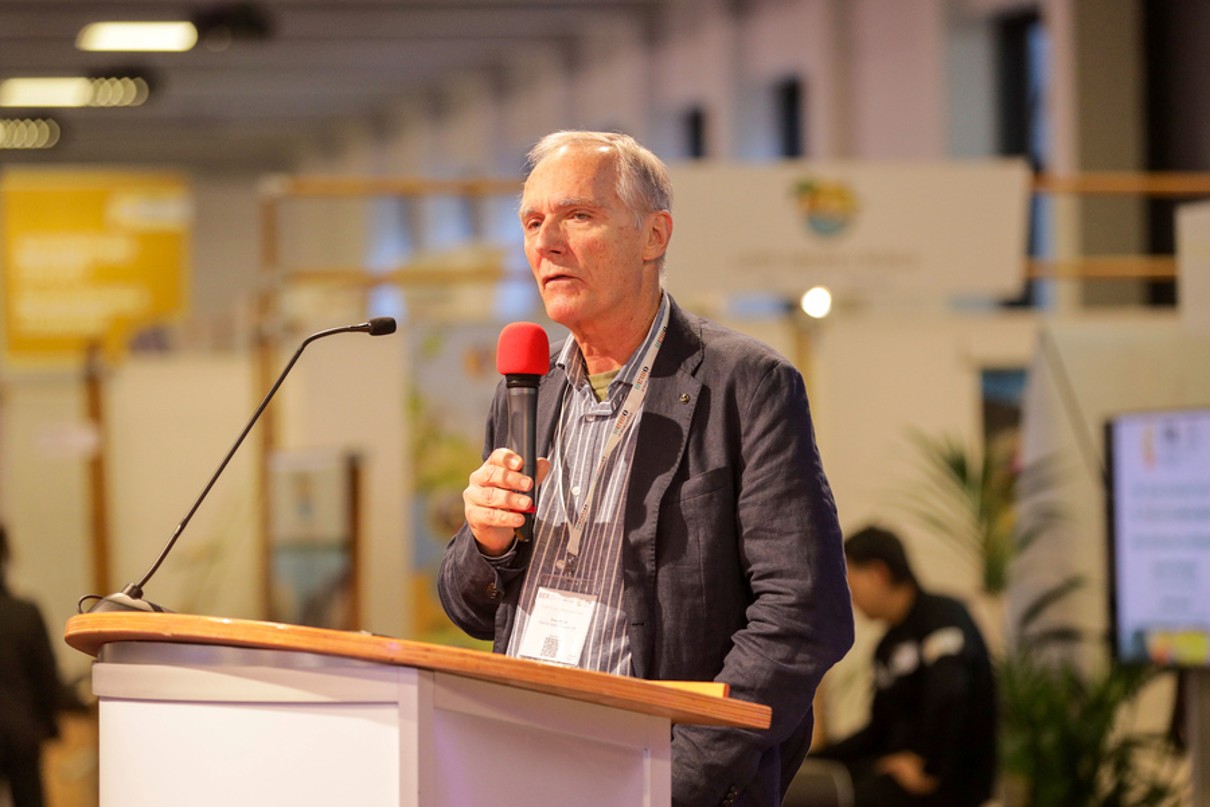Page content
Pact for Skills in Tourism – Achieving more together
With the Pact for Skills in Tourism (PacTS4ALL) the European Commission is supporting qualification partnerships throughout Europe. The intention is to improve the range of available training and equip tourism staff to face the future. Among those engaged in coordinating the partnership are Rural Tour – European Federation of Rural Tourism. Secretary general Klaus Ehrlich presented this project at ITB Berlin and showed where companies can obtain support.
Speaking at ITB Berlin, Klaus Ehrlich pointed out that tourism faces many challenges in the future. There is a lack of skilled personnel and moreover many are insufficiently qualified. The industry is often less attractive for young people due to the seasonal nature of the work and working hours that are often challenging. The far-reaching changes in tourism, including digitalisation and sustainability, are often not reflected in the subject matter of the training that is available. The difficulty in adapting to new situations is made even harder by the fact that the industry consists largely of small and medium sized businesses, with a great deal of diversity. There is also often a lack of awareness about gaps in knowledge and ways in which these can be filled. At the same time digitalisation is opening up tourism to new players.
Among the organisations supporting the Pact for Skills in Tourism are 80 institutionen, including umbrella organisations and companies, training institutes and universities as well as regions and destinations. The underlying logic of their collaboration is that better qualifications provide better jobs, thereby enhancing the reputation of the industry. An exchange of ideas about successful projects forms part of the overall project along with the integration of refugees and foreign personnel, as well as successful training and advanced training and lifetime learning. One of the concrete objectives is to provide advanced training for ten per cent of employees annually.
According to Klaus Ehrlich, one of the challenges is to design training for jobs that either do not exist yet or have only recently been created. This includes occupational profiles such as sustainability manager or AI for tourism experts. The Tourism Sector Skill Toolkit has been set up to develop the relevant curricula. Anyone who is interested can visit the PANTOUR website (Pact for Next Tourism Generation Skills) which also offers advice for companies and individuals in the tourism industry.

.svg)

